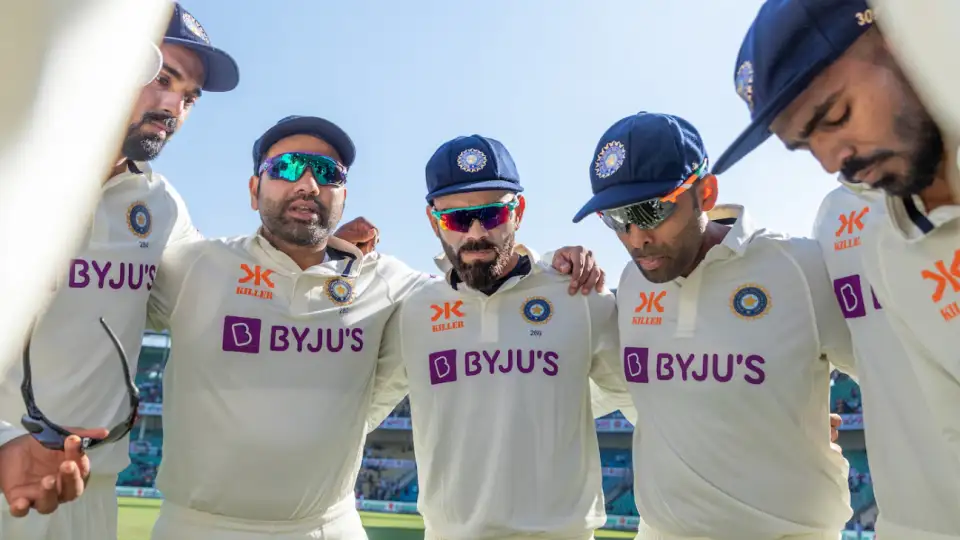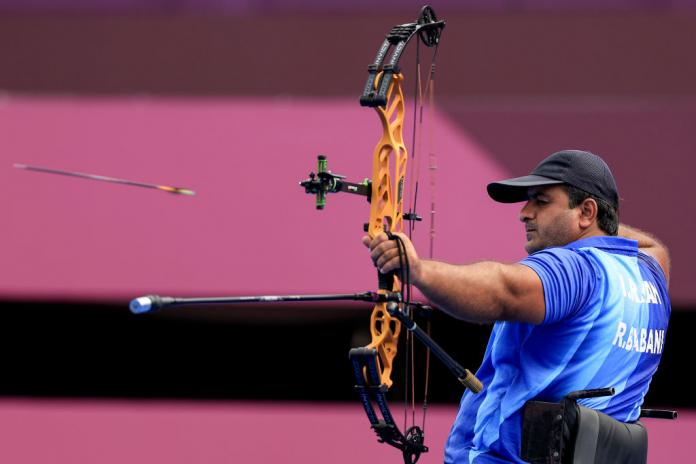Cricket, a sport that originated in England and has since captivated millions around the globe, owes much of its international structure and growth to the International Cricket Council (ICC). Established in 1909, the ICC is the global governing body for cricket and plays a pivotal role in promoting and organizing the sport across various nations. A Brief History The ICC was founded as the Imperial Cricket Conference in 1909, with England, Australia, and South Africa as its original members. The organizations main goal was to coordinate international matches between these cricketing nations. It was not until 1965 that the ICC expanded its membership and changed its name to the International Cricket Council, reflecting a broader and more inclusive approach.
Membership and Structure, Recent Developments, Challenges and Future Prospects
Governing the Sport: The ICC establishes the rules and regulations of cricket, ensuring uniformity and fairness in the game. It oversees the implementation of the Laws of Cricket and introduces changes as necessary . Organizing Tournaments: The ICC is responsible for the organization of major international tournaments, including the Cricket World Cup, T20 World Cup, and the ICC Champions Trophy. These events are crucial for promoting the sport and providing a platform for nations to showcase their talent. Developing the Game: Beyond high-profile tournaments, the ICC focuses on the grassroots development of cricket. It works to increase the sports accessibility, promote youth participation, and support emerging cricketing nations. Umpiring and Match Officials: The ICC also manages the appointment and training of umpires and match referees. It maintains high standards in officiating to ensure fair play and uphold the integrity of the game.
Key Responsibilities
The ICC membership is divided into Full Members, Associate Members, and Affiliate Members. Full Members are typically major cricketing nations with Test status, while Associate and Affiliate Members represent countries with a growing interest in the sport. This structure helps the ICC support a diverse range of cricketing nations and foster international competition. In recent years, the ICC has taken significant steps to modernize the sport. This includes the introduction of the World Test Championship to add context to Test cricket, the expansion of T20 leagues, and the implementation of advanced technology like the Decision Review System (DRS) to aid in accurate decision-making. Despite its successes, the ICC faces challenges, including balancing the interests of different cricketing nations, managing the increasing commercialization of the sport, and addressing issues related to player safety and integrity. Looking ahead, the ICC focus will likely be on expanding crickets reach, particularly in non-traditional markets, and ensuring that the sport remains competitive and engaging for future generations. The ICC is fundamental to the growth and organization of international cricket. Its role in governing the sport, organizing tournaments, and supporting cricketing nations helps maintain the games global appeal. As cricket continues to evolve, the ICC efforts will be crucial in shaping the future of this beloved sport.






Blog Comments